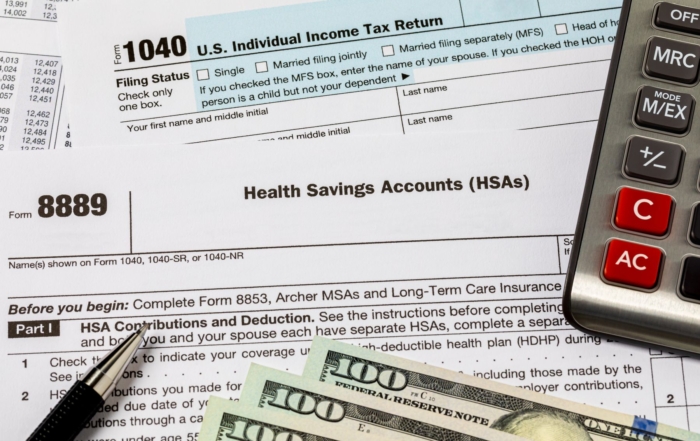The DOL, HHS, and IRS issued a report to Congress on the failure by group health plans to comply with the Mental Health Parity and Addiction Equity Act (MHPAEA). The report is required by the Consolidated Appropriations Act, 2021 (CAA), which expanded mental health parity compliance obligations by requiring health plans and insurers that impose nonquantitative treatment limitations (NQTLs) on mental health or substance use disorder benefits (such as restrictions based on facility type) to perform and document (and provide upon request) comparative analyses of the NQTLs’ design and application. The 2022 report highlights the agencies’ MHPAEA resources and enforcement efforts and details the struggles to interpret, implement, and enforce the NQTL comparative analysis requirement.
More on Report
The Report noted that none of the comparative analyses reviewed “contained sufficient information upon initial receipt.” The agencies made preliminary determinations of non-compliance for many plans and issuers, but the Report stressed that no final determinations had been made yet. Instead, plans and issuers may still take corrective action and, in so doing, avoid being named in next year’s report, having notice of noncompliance sent to plan participants and enrollees.
The CAA codified prior guidance and expressly required plans and issuers to document comparative analyses demonstrating that the processes, strategies, evidentiary standards, and other factors used to apply each NQTL to mental health and substance use disorder benefits, both as written and in operation, are comparable to and applied no more stringently than those used to apply each NQTL to medical/surgical benefits in the same benefit classification. Health plans and issuers had to comply with the new requirements by February 10, 2021.
Furthermore, the Report once again requests that Congress provide DOL authority to assess civil monetary penalties for MHPAEA violations. Currently, there are no such penalties. But DOL may require reprocessing of affected claims for benefits and, if the entity breached a fiduciary duty under ERISA, DOL may impose a penalty equal to 20% of the amount recovered under resolution with DOL or court order. And plan participants have brought claims to recover for alleged wrongful denials of benefits. A related recommendation asks Congress to make this recovery of denied benefits more explicit, amending “ERISA to expressly provide that participants and beneficiaries, as well as DOL on their behalf, may recover amounts lost by participants and beneficiaries who wrongly had their claims denied in violation of MHPAEA.”
The Report also explains that DOL has increased staff and training to bring more resources to bear on MHPAEA compliance. Likewise, the NAIC, state insurance regulators, and state attorneys general have not been idle. Mental health access and equity, in addition to MHPAEA compliance, continue to be a focal point and a bipartisan political issue in both federal and state governments. Over the summer, the Biden Administration is expected to publish a new proposed rule on MHPAEA addressing the legislative changes made by the 21st Century Cures Act and CAA as well as the evolving guidance. It may be that those rules will give clearer instruction on NQTL comparative analyses and articulate additional standards for certain NQTLs.
NARFA works hard to keep members up-to-date with the latest information for employers and workers in the automotive industry. Check out other articles from our blog.
Recent Posts
Poison Ivy, Oak & Sumac Safety Guide for Landscaping, Construction, and Outdoor Workers
Why Construction and Outdoor Workers Need to Know About Poison Plants The CDC reports that 80-90% of adults develop rashes from poison ivy exposure, and [...]
Multi-State Business Operations: Insurance and Compliance Strategies for Growing New Hampshire Auto Companies
Picture a successful New Hampshire automotive dealership that starts with a single location in Manchester. Over time, they expand their service territory, hire employees who [...]
Revolutionary HSA Changes in the 2025 Budget Bill: Your Complete Guide to Expanded Benefits
Introduction: A Game-Changer for Healthcare Financial Planning The 2025 federal budget reconciliation bill, recently passed by the House, introduces the most significant expansions to Health [...]




